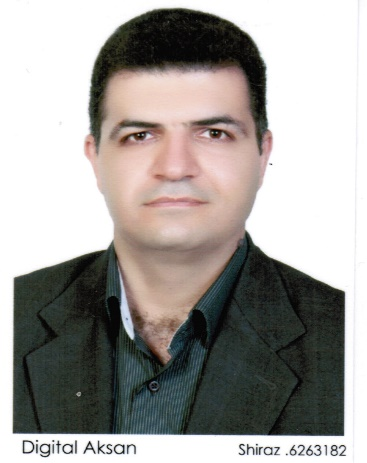


Section Collection Information
Dear Colleagues,
In the ever-evolving landscape of academia, "Linguistic Anthropology" emerges as a crucial and interdisciplinary field that delves into the intersection of language, culture, and human behavior. This section seeks to establish Linguistic Anthropology as a significant discipline, much like the overarching themes of Data Science within Computational Mathematics.
Linguistic Anthropology, as a field, explores the intricate connections between language and culture. This interdisciplinary endeavor combines elements from linguistics, anthropology, and cultural studies, making it a dynamic space for researchers, scholars, and practitioners to investigate how language shapes and is shaped by society. This section aims to publish research articles and reviews that advance the theoretical and methodological aspects of Linguistic Anthropology, fostering a deeper understanding of human communication.
Much like Computational Mathematics underpins Data Science, in Linguistic Anthropology, the study of the structure and evolution of languages forms the cornerstone. Linguists and anthropologists employ scientific methodologies to analyze language use in various contexts, seeking to decipher its cultural implications. By studying the patterns of speech, language acquisition, and communication practices, Linguistic Anthropologists aim to reveal the intricate web of meaning embedded in our everyday interactions.
This section, "Linguistic Anthropology," is dedicated to promoting interdisciplinary research and fostering collaboration among linguists, anthropologists, and other scholars with a vested interest in understanding how language operates within different cultures. It is a space for pioneering studies that embrace the complex and multifaceted nature of human linguistic diversity and how it reflects our identities and societal structures.
Contributions to "Linguistic Anthropology" are encouraged from experts across the spectrum, including linguists, anthropologists, sociolinguists, and ethnographers. The aim is to collect and disseminate seminal research articles and reviews that probe into the fascinating world of human language and its cultural implications. The section is open to studies on language preservation, language endangerment, language revitalization, and the dynamics of multilingualism in our rapidly globalizing world.
As we delve into the intricate relationship between language and culture, we invite you to join us in contributing to the growing body of knowledge in Linguistic Anthropology. Whether you are exploring the nuances of language ideologies, examining linguistic landscapes, or unraveling the mysteries of language change, your research and insights are essential to advancing our understanding of the human experience.
Linguistic Anthropology is not merely an academic pursuit but a means to shed light on the complex and intricate interplay between language and culture. As editors of this section, we look forward to receiving your valuable contributions, each adding a new layer to our comprehension of how language shapes our world.
Together, let us continue to unravel the secrets of Linguistic Anthropology and contribute to the broader academic community's understanding of language's profound impact on human societies.
We eagerly anticipate your submissions to "Linguistic Anthropology."
Warm regards,
Dr. Reza Kafipour
Section Editor-in-Chief

